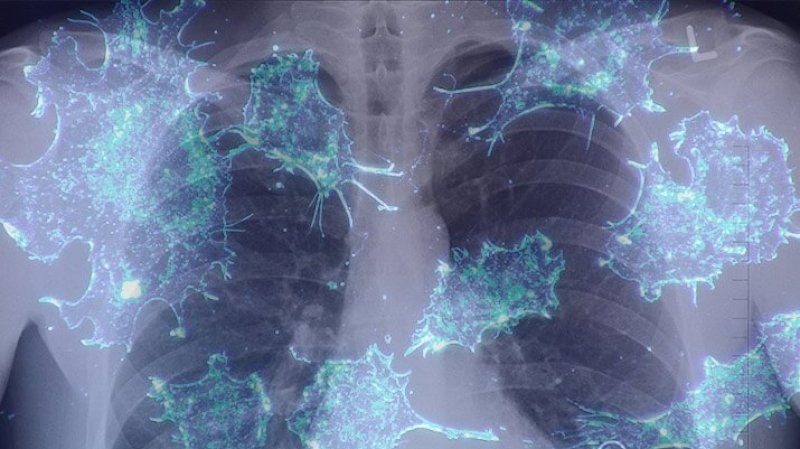The same technology that powers Siri and face recognition on your iPhone has also found success in medicine. By automatically analyzing microscopic images of breast tumor biopsies, artificial intelligence may one day help guide cancer treatments.
This particular type of AI is called deep learning, and over the last few years has become a part of our everyday lives.
…
Our team of computer scientists and cancer researchers at the University of North Carolina at Chapel Hill used it to analyze types of breast cancer from microscopic images of tumor tissue.
…
The same network that has been trained on millions of photographs of objects and scenes can be adapted to many other applications, including microscopic images of tissue. The network computes a representation on the new set of images, and a new model is trained to make a prediction for each image.
…
H&E images of breast tumors are wildly different than photos of dogs, people and cars, but the same methods still apply because similar shapes and textures are present. And those vacation photographs you posted on Flickr that became a part of the ImageNet data set were essential in training the models that we use to study breast cancer.
Read full, original post: A Deeper Understanding of Breast Cancer































